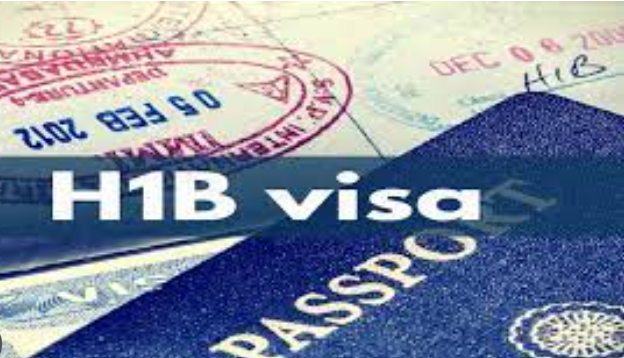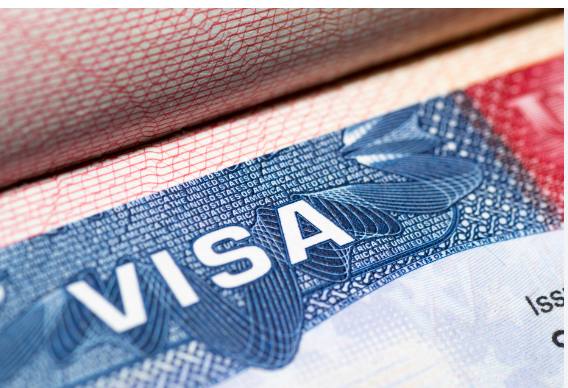
US Visa and Immigration 2024 Updates: Navigating Anticipated H-1B Visa Reforms in the Coming Year
US Visa and Immigration Changes in 2024: A Comprehensive Guide to Anticipated H-1B Visa Reforms
The United States is actively pursuing significant of US visa and immigration reforms slated for implementation in the new year. As we enter 2024, expectations are high for the introduction of new policies addressing (US visa)H-1B visa and addressing green card backlogs. The following outlines anticipated US visa or H-1B visa reforms expected to unfold in the coming year.
**H-1B Lottery Changes:**
Starting March 2024, substantial modifications are expected in the H-1B selection process. The U.S. Citizenship and Immigration Services (USCIS) announced policy changes on October 23, 2023, with the aim of addressing challenges arising from a surge in registrations for Fiscal Year 2024. Under the current system, USCIS employs a lottery when companies submit more H-1B applications than the annual limit of 85,000. With over 75% of registrations rejected for FY 2024 due to high volumes, USCIS now proposes selectingUS visa, H-1B registrations based on unique beneficiaries. Passport information will be used to identify individuals, eliminating duplicate entries.

“Under the proposed update to the random selection process, registrants would continue to submit registrations on behalf of beneficiaries, and selection would be based on each unique beneficiary identified in the registration pool,” stated USCIS.
**Special Visa for AI:**
Critics have raised concerns about the Biden administration’s rule requiring positions to necessitate “A U.S. baccalaureate or higher degree in a directly related specific specialty or its equivalent” to qualify as a specialty occupation. Opponents argue that this could hinder talented foreign-born professionals from working in the U.S., particularly in fields related to artificial intelligence (AI). The interim final rule also labels business administration as a “general degree,” potentially discouraging foreign individuals with master’s in business from pursuing MBA programs in the United States.
**H-1B Visa and Immigration Fee Increases:**
USCIS has proposed substantial fee increases, including a $600 Asylum Program Fee for employers filing Form I-129 or Form I-140. Moreover, the H-1B Electronic Registration Fee is set to surge by 2050%, from $10 to $215. Employers may face a 70% increase for H-1B petitions, a 201% increase for L-1 petitions, and a 129% increase for O-1 petitions. The final rule is anticipated to be published in April 2024 or later.
**Domestic Visa Renewal Pilot Program:**
Commencing from January 29, 2024, the long-awaited pilot program for Indians and Canadian nationals seeking H-1B visa renewal will be initiated. This program, limited to 20,000 visa holders and excluding dependents of H-1B professionals, aims to streamline the renewal process.
**Other DHS Regulatory Actions:**
The Department of Homeland Security (DHS) is set to publish a proposed rule on employment-based immigration in August 2024. This rule aims to modernize outdated provisions for individuals of extraordinary ability and outstanding professors and researchers. It also seeks to clarify evidentiary requirements for various classifications, including first preference, second preference national interest waiver (NIW), and physicians of national and international renown.
As the United States gears up for these immigration reforms, stakeholders and applicants are advised to stay informed and adapt to the evolving landscape to ensure compliance and optimize their immigration strategies.
For the latest updates-click here.


